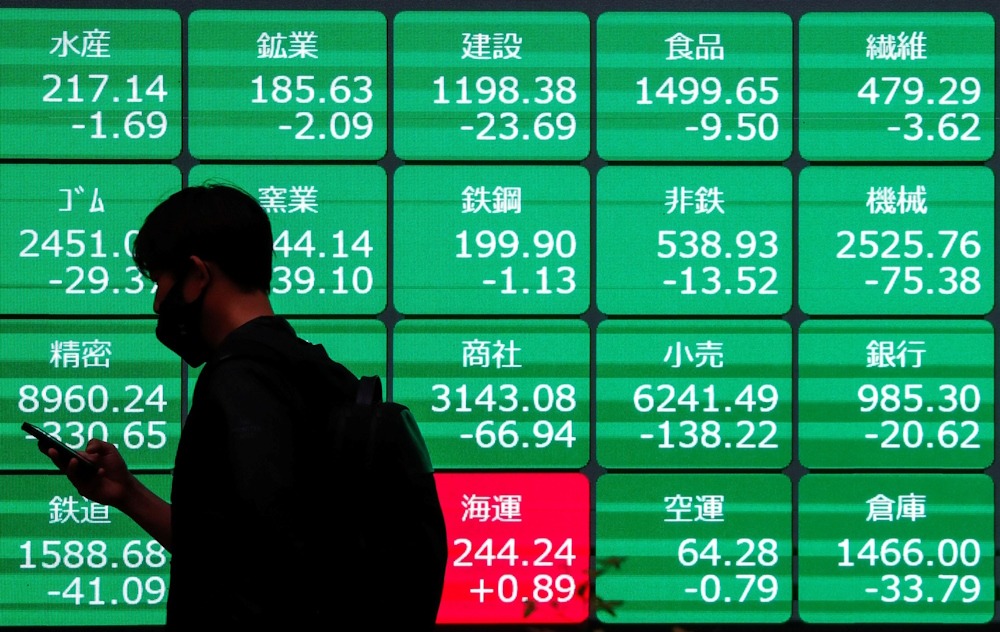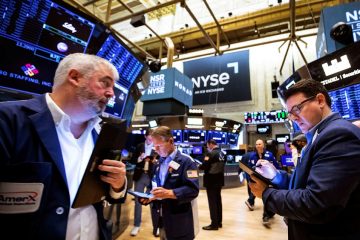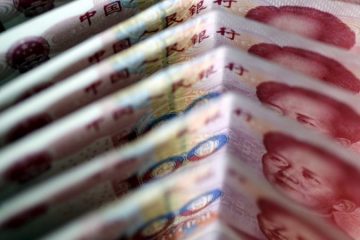Investors like Chinese stocks again

Chinese equities have experienced a decline in popularity among a significant number of investors over the past few years. Nonetheless, the momentum seems to be shifting, propelled by robust corporate earnings, optimism surrounding artificial intelligence, and a noticeable relaxation of regulatory constraints from Beijing. Goldman Sachs strategists noted that “China has re-emerged as a focal point, particularly regarding investor interest.”
Investor interest and engagement in Chinese equities are reportedly at their zenith since the market’s historic peak in early 2021, according to their analysis. The Hang Seng Index, which serves as a benchmark for numerous Chinese companies, has experienced a 17% increase year-to-date, surpassing the performance of most significant emerging markets. Conversely, onshore indices have underperformed, as evidenced by the benchmark Shanghai Composite Index, which has risen a mere 0.5%. Analysts suggest that this trend is driven by foreign investors’ preference for offshore Chinese shares, while they also identify a potential for A-shares to converge with these valuations. The MSCI China Index, encompassing large- and mid-cap equities from both A- and H-share markets, has experienced a 16% increase thus far in 2025.
The emergence of the homegrown AI startup DeepSeek has served as a significant catalyst, garnering attention within the tech industry for its large language model, which it asserts competes with OpenAI’s ChatGPT, all while utilizing less sophisticated chips. “DeepSeek has significantly transformed various aspects,” stated Pruksa Iamthongthong, deputy head of Asia-Pacific equities at Aberdeen Investments. The firm’s cost-effective framework has invigorated China’s technology and internet industries, stimulating investment and the introduction of new products, she noted.
The enhancement of China’s economic prospects has contributed positively to overall sentiment. The extended downturn in the property market, coupled with dissatisfaction regarding the policy response, has persistently undermined investor confidence. Recent data indicates the emergence of positive indicators in the economy, leading financial institutions like HSBC and Morgan Stanley to revise their growth projections upward. The perception of a more business-friendly Beijing represents an additional favorable element.
The lack of significant regulatory interventions, reminiscent of the upheavals experienced in the tech sector in 2021, coupled with a recent meeting between President Xi and leading business figures, has been perceived as indicative of a more lenient regulatory landscape. Robust corporate performance has bolstered the cautiously optimistic sentiment. Prominent firms such as Tencent, Xiaomi, and Alibaba have reported substantial earnings growth for the fourth quarter. Morgan Stanley strategists have adjusted their projections for Chinese indexes upward, attributing this revision to robust earnings and various favorable developments. The brokerage has revised its year-end target for the Hang Seng Index to 25,800 and for the blue-chip CSI 300 Index to 4,220, suggesting potential increases of 9% and 8%, respectively, from current levels.
While there is a prevailing sense of optimism, apprehensions persist regarding the long-term viability of this recovery. Trade tensions stemming from the Trump administration, concerns regarding deflationary pressures in China, alongside persistently weak domestic consumption, may dampen sentiment once more. Morgan Stanley strategists, under the guidance of Laura Wang, assert that China’s equity market is likely to experience a lesser impact from reciprocal tariffs compared to the overall economy, which is more resilient in facing such challenges. Nonetheless, they warned that unforeseen intensifications in U.S.-China relations—especially concerning investment limitations—might lead to a considerable downturn in the markets.
Goldman Sachs strategists, referencing earnings indicators, suggest that a majority of investors appear to align with their perspective that the current recovery is poised to exhibit greater durability compared to prior rebounds. Nonetheless, there is an anticipation that the bull market will decelerate and that profit-taking pressures will intensify as the U.S.-China policy landscape and geopolitical events become more pronounced in the upcoming weeks.










